Natural Resources: Management, Economic Development and Protection
'Natural resources' are naturally occurring substances that are considered valuable in their relatively unmodified (natural) form.A natural resource's value rests in the amount of the material available and the demand for it. There are 2 types of natural resources: renewable and non-renewable.Natural Resources include soil, timber, oil, minerals, and other goods taken more or less from the Earth. Both extraction of the basic resource and refining it into a purer, directly usable form, (e.g., metals, refined oils) are generally considered natural-resource activities, even though the latter may not necessarily occur near the former.A nation's natural resources often determine its wealth in the world economic system.In recent years, the depletion of natural capital and attempts to move to sustainable development have been a major focus of development agencies. This is of particular concern in rainforest regions, which hold most of the Earth's natural biodiversity - irreplaceable genetic natural capital. Conservation of natural resources is the major focus of natural capitalism, environmentalism, the ecology movement, and Green Parties. Some view this depletion as a major source of social unrest and conflicts in developing nations.This new book gathers and presents important research in the field.
{{comment.content}}
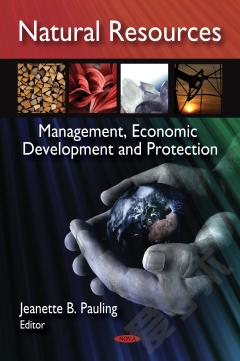
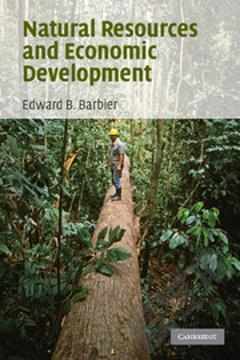
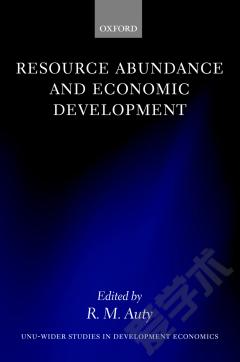
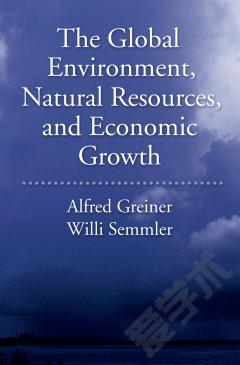
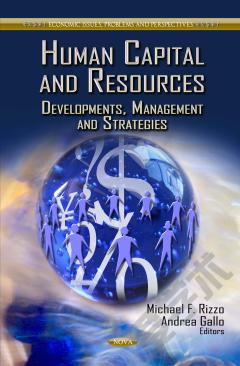
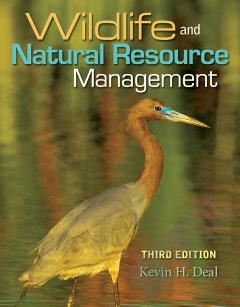


 京公网安备 11010802027623号
京公网安备 11010802027623号